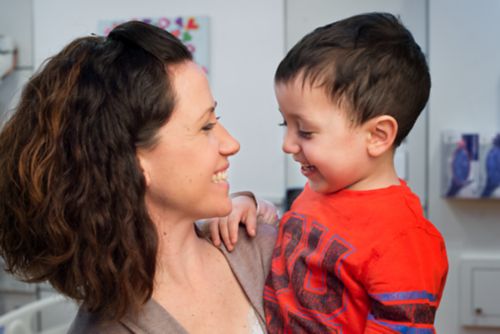မီနူ
ပိတ်လိုက်
နောက်သို့
Menu ကိုပိတ်ပါ။
-
ရေရှည်နှင့် နောင်တွင်ဖြစ်ပေါ်မည့် ဆိုးကျိုးများ
- နောင်အခါတွင် သိမှုအားထိခိုက်နိုင်မှုများ
- နှလုံးရောဂါဆိုင်ရာ (နှလုံး) နောင်တွင်ဖြစ်ပေါ်မည့်ဆိုးကျိုးများ
- ဆီးအိတ်ဆိုင်ရာ နောင်တွင်ဖြစ်ပေါ်မည့်ဆိုးကျိုးများ
- သွားဆိုင်ရာ နောင်တွင်ဖြစ်ပေါ်မည့်ဆိုးကျိုးများ
